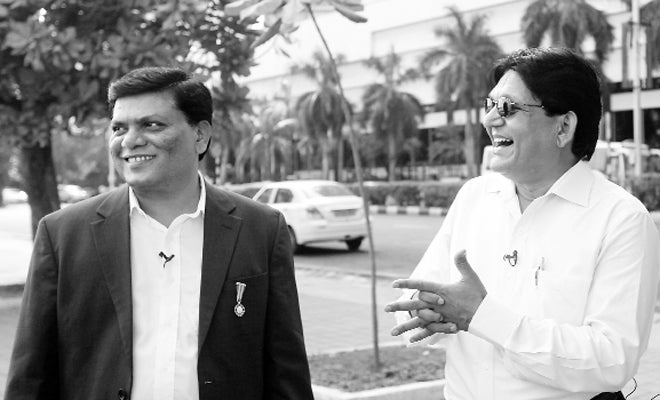
Despite Indian government policies to empower Dalits (a historically socially marginalized group also known as “untouchables”) through a welter of affirmative action programs, they still comprise one-third of the country’s poor, double their one-sixth share in the population. Following the onset of economic liberalization, India’s robust economic growth has shifted economic opportunities to the private sector, leading to contentious debates on the implications of the shift to a market economy for the community.
To address this question, CASI conducted a large survey in 2008 (with findings presented at the December 2008 major conference, organized by CASI) which found that markets are eroding stigmatizing caste practices, leading to greater social freedoms and economic empowerment – a powerful testimony of the benefits of a greater market orientation in India. The gains are principally through labor markets, leaving open the important question on the community’s participation as entrepreneurs, taking risks and reaping the rewards.
The edited volume from the Dalit Studies Conference papers is now available:
Dalit Studies, Duke University Press (2016)
Editors: Ramnarayan S. Rawat, K. Satyanarayana
Contributors: D. Shyam Babu, Laura Brueck, Sambaiah Gundimeda, Gopal Guru, Rajkumar Hans, Chinnaiah Jangam, Surinder Jodhka, P. Sanal Mohan

